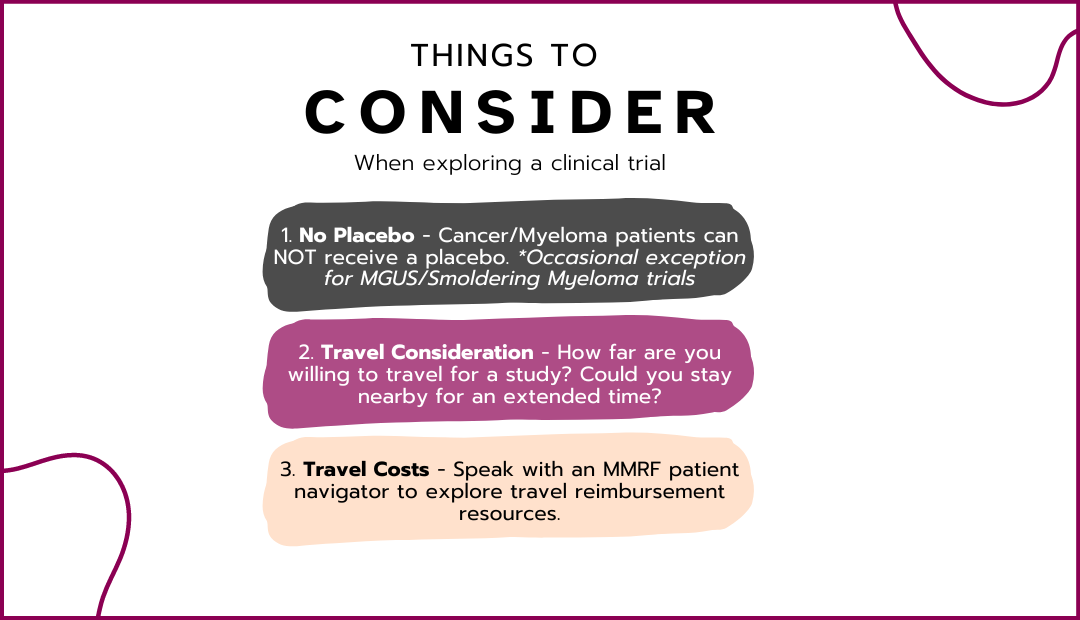Muscle Stimulation for Physical Function During Stem Cell Transplant
NCT04364256
Age 18 +
Sex Both
Phase Phase 2
Third Opinion Trial Synopsis
Some types of cancer affect blood, bone marrow, and the lymph system, more frequently in Veterans exposed to Agent Orange and African Americans. A common treatment, hematologic transplantation, can lead to weak muscles, tiredness, and a poor quality of life. Exercise before and after treatment can help, but many patients don't get enough activity. Researchers are testing a new method, called neuromuscular electrical stimulation, to help patients keep their strength and feel better after treatment.
Some types of cancer affect blood, bone marrow, and the lymph system, more frequently in Veterans exposed to Agent Orange and African Americans. A common treatment, hematologic transplantation, can lead to weak muscles, tiredness, and a poor quality of life. Exercise before and after treatment can help, but many patients don't get enough activity. Researchers are testing a new method, called neuromuscular electrical stimulation, to help patients keep their strength and feel better after treatment.
Third Opinion AI Generated Synopsis
Trial Summary
Some blood, bone marrow, and lymphatic (hematologic) cancers such as Hodgkin/Non-Hodgkin lymphomas, chronic lymphocytic leukemia, and multiple myeloma, are over-represented in Veterans due to exposures including Agent Orange and an increased percentage of patients of African American ethnicity. Hematologic transplantation (HCT) is a common treatment for these cancers, but often leads to deconditioning, fatigue, muscle atrophy, and poor quality of life, which are associated with complications such as hospitalization and infection. Despite the significance of these symptoms, there are no approved treatments to prevent/reverse these long-term effects. The cancer itself, side effects of chemotherapy, and sedentary behavior, contribute to these effects. Although exercise before and after HCT has helped reduce these effects, it is inconsistently recommended to patients and most remain sedentary through and after treatment. The investigators are testing an alternative exercise strategy, neuromuscular electrical stimulation, to maintain physical function quality of life after HCT.
Some blood, bone marrow, and lymphatic (hematologic) cancers such as Hodgkin/Non-Hodgkin lymphomas, chronic lymphocytic leukemia, and multiple myeloma, are over-represented in Veterans due to exposures including Agent Orange and an increased percentage of patients of African American ethnicity. Hematologic transplantation (HCT) is a common treatment for these cancers, but often leads to deconditioning, fatigue, muscle atrophy, and poor quality of life, which are associated with complications such as hospitalization and infection. Despite the significance of these symptoms, there are no approved treatments to prevent/reverse these long-term effects. The cancer itself, side effects of chemotherapy, and sedentary behavior, contribute to these effects. Although exercise before and after HCT has helped reduce these effects, it is inconsistently recommended to patients and most remain sedentary through and after treatment. The investigators are testing an alternative exercise strategy, neuromuscular electrical stimulation, to maintain physical function quality of life after HCT.
from ClinicalTrials.gov
Locations & Contact
Fill out the form and to let the Multiple Myeloma Research Foundation know you are interested in this trial.
Contacts:

